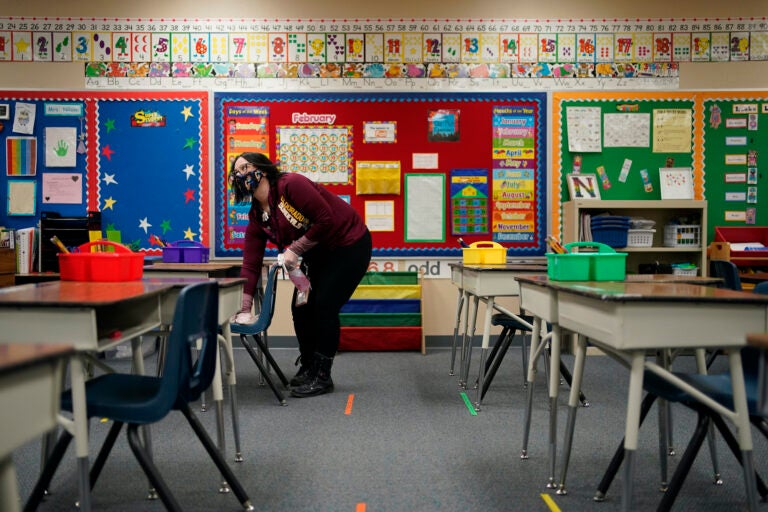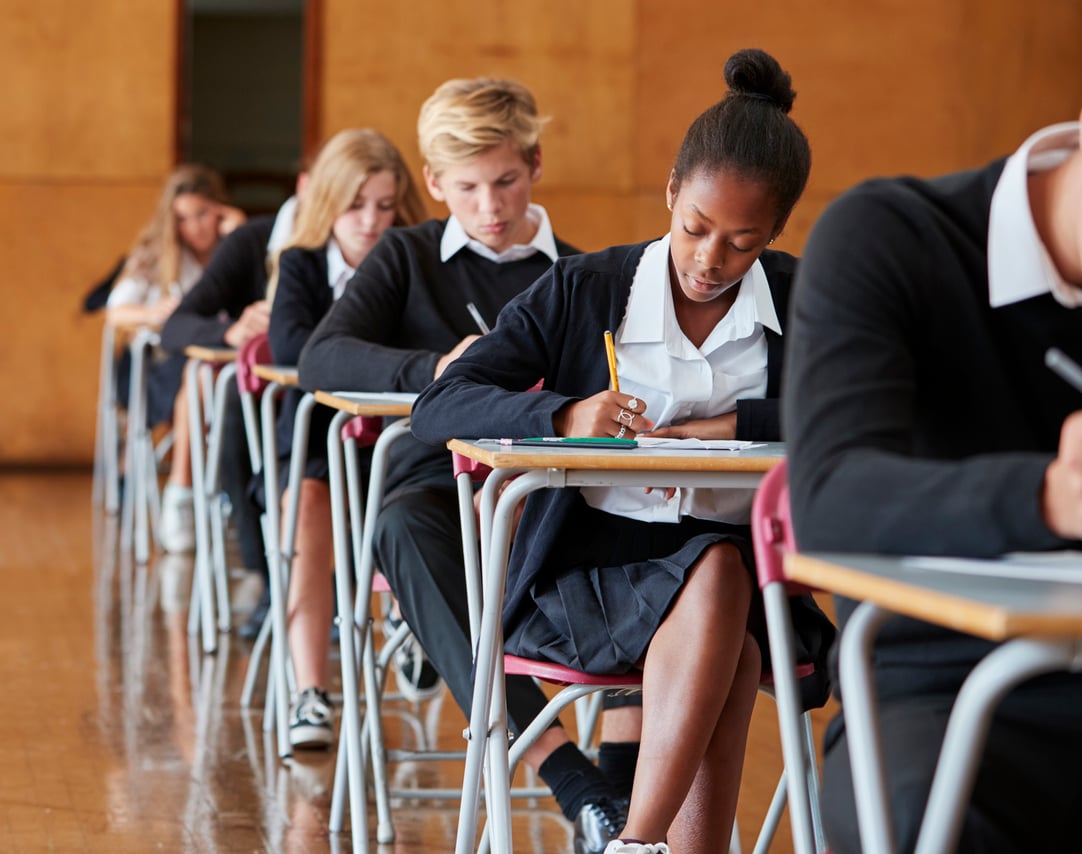Discover the Challenges Encountering Our Community: Save Temecula Schools
Discover the Challenges Encountering Our Community: Save Temecula Schools
Blog Article
Understanding the Relevance of Colleges in Youngster Advancement and Area Development
Colleges' engagement with neighborhood areas through service-learning campaigns strengthens the bond between families and educational organizations. This cooperative relationship emphasizes the importance of schools in supporting active citizenship and lifelong learning behaviors.
Academic Success
Academic accomplishment acts as a keystone of kid growth, providing the foundation whereupon future learning and success are constructed. Schools play a crucial role in promoting this academic growth, supplying organized environments where children can obtain vital understanding and cognitive skills. Standardized educational program ensure that pupils gain proficiency in core subjects such as maths, scientific research, and language arts, which are essential for both college and professional chances.
Along with imparting fundamental academic abilities, colleges also grow critical thinking, problem-solving capabilities, and intellectual curiosity. These cognitive expertises are essential for navigating complex real-world scenarios and adapting to the ever-evolving needs of the modern workplace. Teachers, as facilitators of discovering, utilize diverse pedagogical techniques to deal with different discovering designs, thus making best use of individual trainee capacity.
Additionally, scholastic success is carefully connected to self-confidence and inspiration. Youngsters who experience academic success are more most likely to create a favorable self-concept and a long-lasting enthusiasm for knowing. Colleges likewise provide different sources, such as collections and innovation, which better boost the instructional experience and prepare pupils for a technically sophisticated society.
Social Ability Development
Beyond scholastic achievement, the duty of schools in social skill growth is important. Schools work as a main place for children to find out and practice crucial social abilities such as participation, interaction, and problem resolution. In the organized atmosphere of a classroom, pupils engage with peers, educators, and various other institution team, supplying various chances to establish these essential capacities.
Reliable social ability growth in colleges is promoted through group activities, collective tasks, and extracurricular programs. These interactions aid trainees understand social standards, construct empathy, and foster a feeling of area. For instance, team jobs instruct trainees just how to interact in the direction of a typical goal, listen to various viewpoints, and navigate differences constructively.

The growing of social skills throughout school years lays a foundation for future personal and specialist partnerships. Save Temecula Schools. As trainees grow, the capacity to efficiently work together and connect ends up being increasingly crucial, emphasizing the college's important function in alternative youngster advancement
Direct Exposure to Diversity
Direct exposure to diversity in colleges is basic to cultivating a comprehensive attitude and broadening pupils' point of views. Schools offer as a microcosm of the broader society, and coming across varied cultures, languages, and socioeconomic backgrounds within this setting gears up pupils with necessary abilities for navigating an increasingly globalized globe. This exposure motivates empathy, minimizes bias, and promotes shared regard among peers.
Study indicates that students who communicate with peers from varied histories exhibit far better analytical abilities and creative thinking. This understanding of diversity prepares students for future offices that value modern skills - Save Temecula Schools.

Area Engagement
The benefits of varied classrooms prolong past the college walls, cultivating a strong sense of neighborhood engagement amongst pupils. By connecting with peers from different social, socioeconomic, and ethnic backgrounds, pupils acquire a wider viewpoint and a recognition for diversity. This exposure encourages them to end up being energetic citizens that are ready to add positively to their areas.
Schools that stress area interaction typically incorporate service-learning projects, which permit pupils to deal with real-world issues while applying academic abilities. These projects not just enhance trainees' understanding of their coursework however over here also impart a sense of responsibility and compassion. Partnerships between colleges and neighborhood organizations provide pupils with opportunities to take part in community occasions, additionally strengthening their role as aggressive area members - Save Temecula Schools.
In get redirected here addition, parental and neighborhood involvement in institutions strengthens the bond in between academic organizations and the neighborhoods they serve. They create a collaborative setting that benefits all stakeholders when schools open their doors to area events, workshops, and volunteer opportunities. This common support group ensures that trainees receive holistic advancement, preparing them to end up being all-around individuals who value and contribute to their neighborhoods. Via these initiatives, schools play a crucial duty in nurturing area engagement and cultivating social growth.
Lifelong Knowing Practices
Developing lifelong learning habits is crucial for a youngster's constant development and adaptability in an ever-changing globe. Institutions play a pivotal function in instilling these routines by creating a setting that promotes inquisitiveness, important thinking, and a love for knowledge. Via extracurricular activities and varied curricula, instructors motivate students to explore numerous subjects, analyze info critically, and apply their finding out to real-world situations.

Additionally, schools offer an organized setting where children can establish self-control and time management skills, both of which are essential for continuous learning. By stressing the relevance of setting objectives, assessing progress, and adjusting strategies, educational institutions prepare trainees to navigate the intricacies of grown-up life, ensuring they stay long-lasting learners and factors to culture.
Conclusion
In final thought, colleges are important in promoting kid advancement and community growth by offering settings favorable to scholastic accomplishment, social ability development, and direct exposure to variety. Inevitably, schools cultivate lifelong knowing behaviors, furnishing people with the needed knowledge and skills to add favorably to society.
In the organized atmosphere of a class, trainees interact with peers, teachers, and various other institution team, providing numerous opportunities to create these vital capabilities.
In significance, direct exposure to variety within schools not just enriches specific pupils yet also reinforces the social fabric of the community as a whole.
The advantages of varied classrooms prolong beyond the college wall surfaces, promoting a solid sense of area involvement among students.Schools that emphasize community involvement commonly integrate service-learning tasks, which permit students to resolve real-world troubles while using academic abilities. Partnerships in between schools and regional organizations provide students with chances to get involved in neighborhood events, further strengthening their function as positive area members.
Report this page